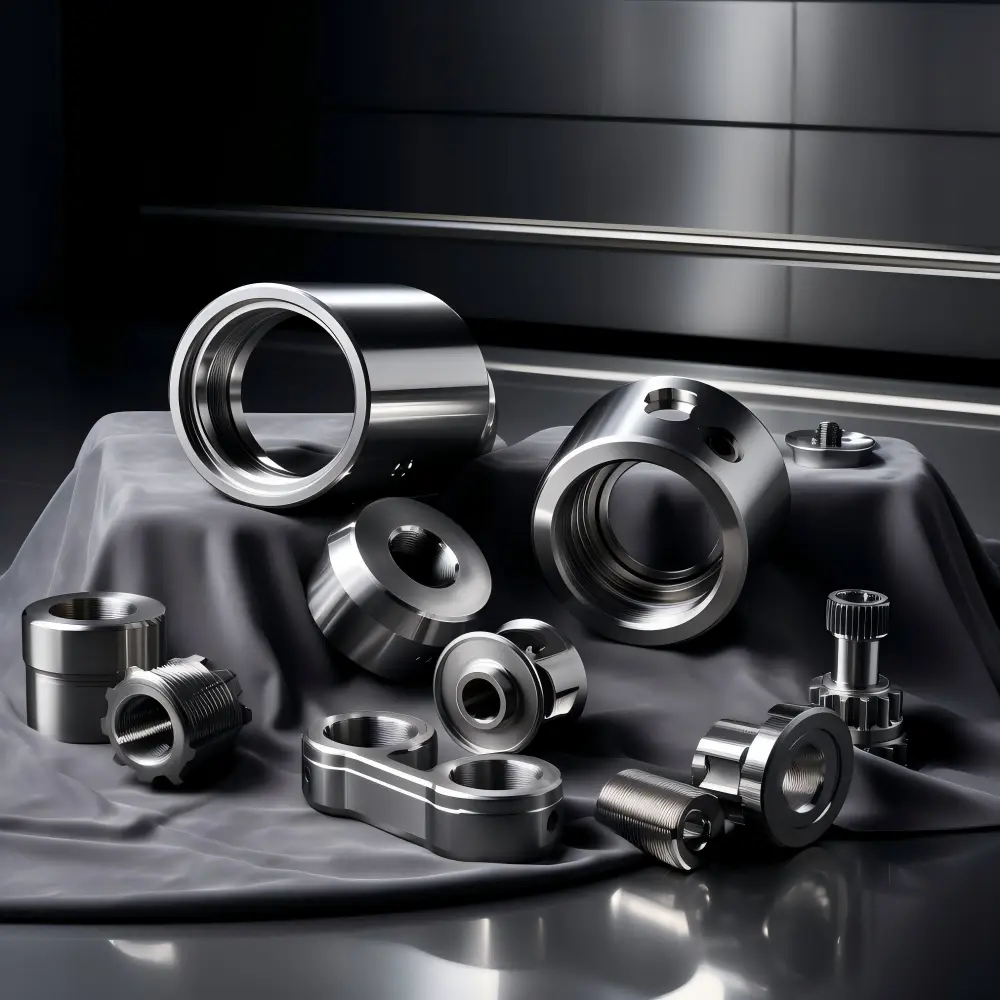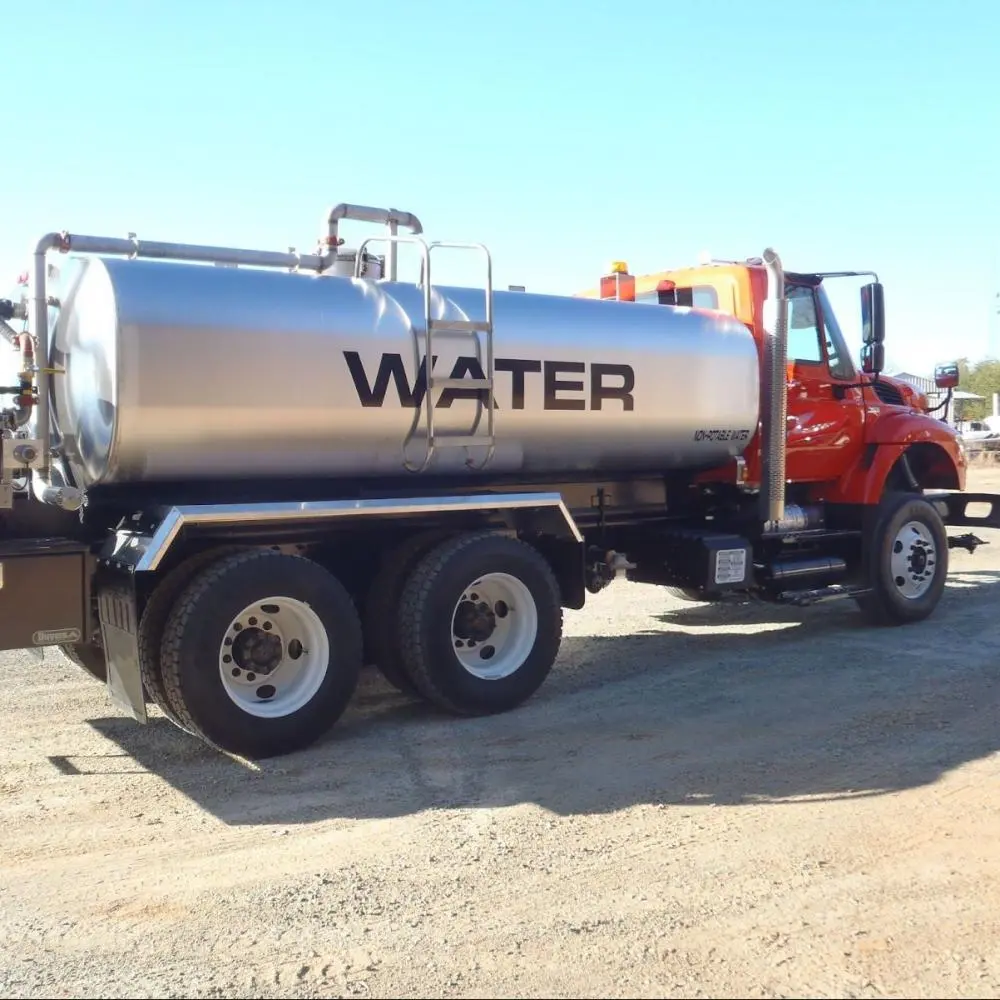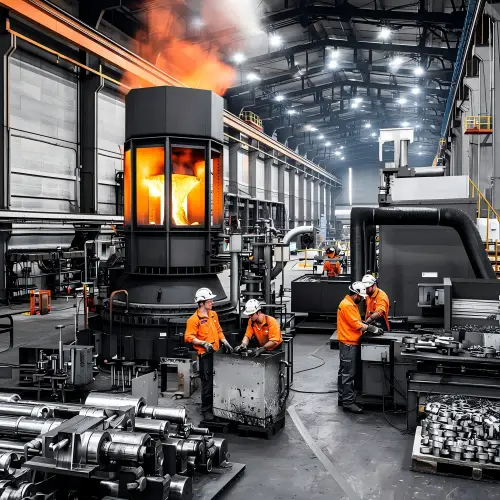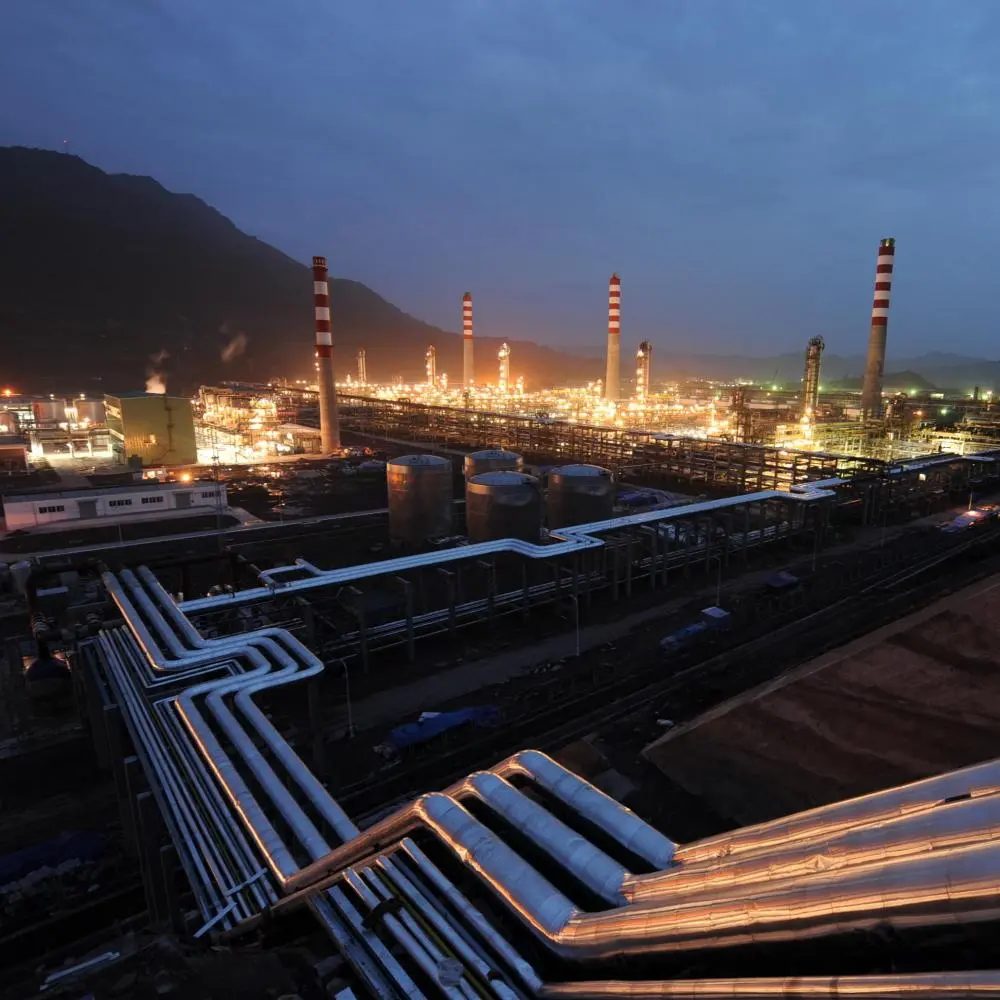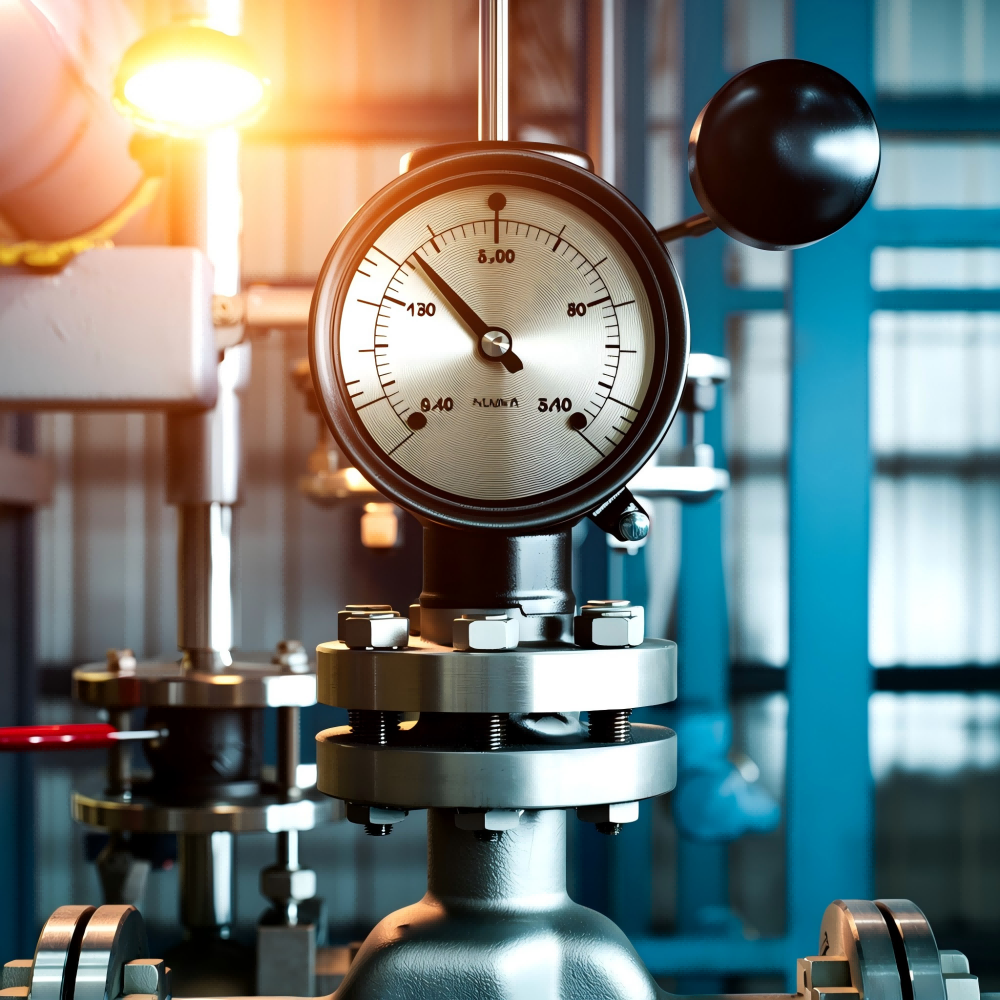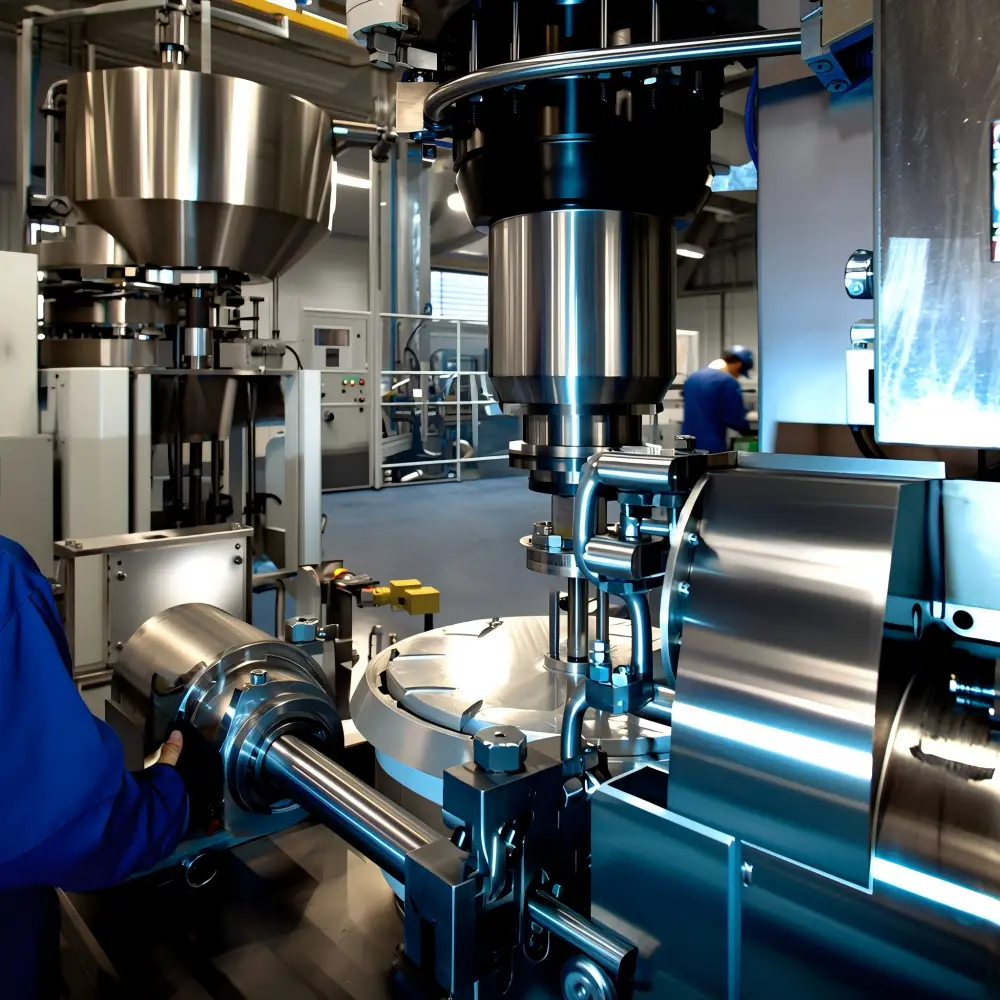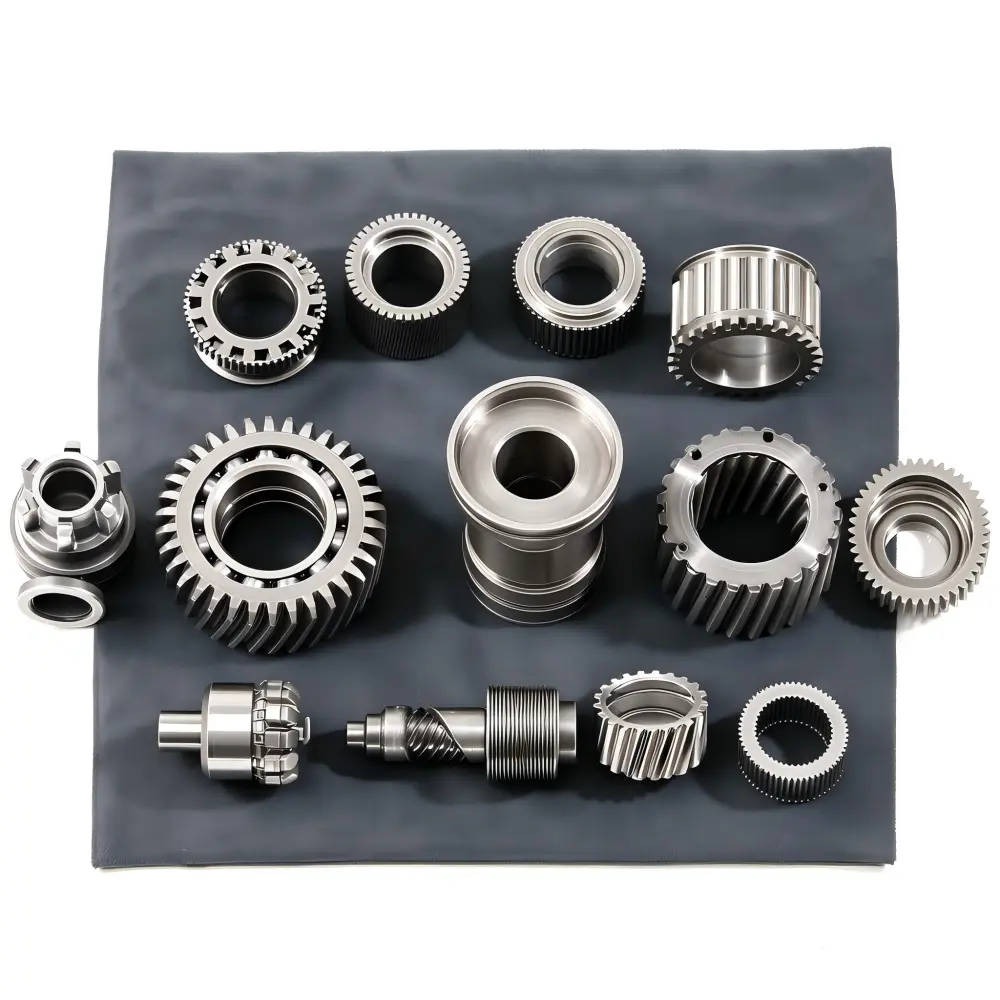How Silica Sol Casting Minimizes Harmful Emissions in Metalworking
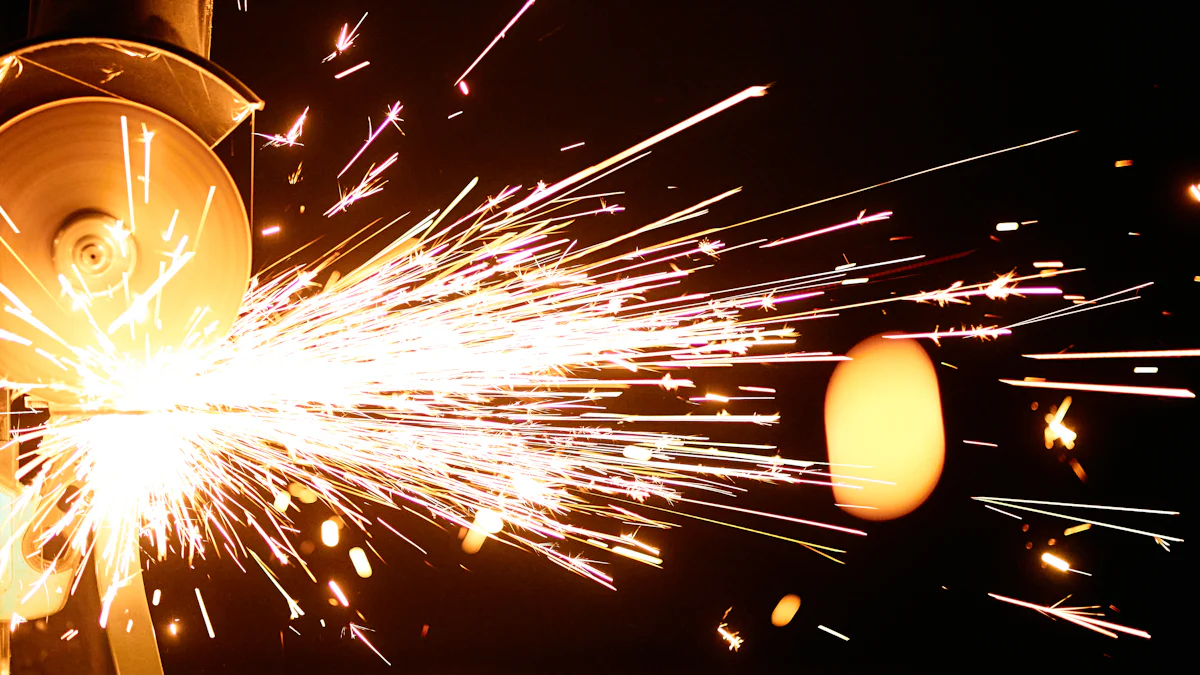
Silica Sol Precision Casting provides a cleaner alternative to traditional methods. By utilizing high-purity silica sol, it eliminates harmful binders and reduces emissions. Ningbo Pingheng Machinery Co., Ltd., established in 1999, specializes in this innovative process. TheirStainless Steel 304 Precision Casting and Precision Investment Casting, including Precision Lost Wax Investment Casting, cater to diverse industrial needs across engineering and automotive sectors.
Understanding Silica Sol Precision Casting
The Silica Sol Casting Process
Silica Sol Precision Casting involves a series of carefully controlled steps to ensure high-quality results. Here's how the process works:
- Preparation of silica sol molds: Silica sol is mixed with additives to create molds that match the desired casting shapes.
- Molding treatment: The molds are dried and solidified to improve their strength and stability.
- Coating: A metallic coating is applied to the mold's surface, enhancing adhesion between the mold and the molten metal.
- Casting operation: Molten metal is poured into the prepared molds. Once cooled, the metal solidifies into the desired shape.
- Mold separation: The molds are removed, and the castings undergo finishing processes like grinding and slag removal.
This method ensures precision and reduces defects, making it ideal for industries requiring high-quality components. Ningbo Pingheng Machinery Co., Ltd., established in 1999, specializes in this process. They use medium-temperature wax investment casting to produce parts from materials like stainless steel 304, 316, tin bronze, and silicon brass. Their expertise supports industries such as automotive, engineering machinery, and shipbuilding.
Applications in Metalworking
Silica Sol Precision Casting is widely used in metalworking due to its ability to produce intricate and durable components. Industries benefiting from this process include:
- Automotive: Essential parts like engine components and gears are manufactured with high precision.
- Aerospace: Lightweight yet strong components, such as turbine blades, are crafted for optimal performance.
- Medical: Surgical instruments and implants are produced with exact specifications to meet strict standards.
Ningbo Pingheng Machinery Co., Ltd. provides high-quality solutions tailored to these industries, ensuring compliance with national standards for various materials. Their commitment to precision and quality makes them a trusted partner in metalworking.
Emission Sources in Traditional Casting
Traditional casting methods have been a cornerstone of metalworking for decades. However, they come with significant environmental drawbacks. Let’s explore the main sources of emissions in these processes.
Harmful Binders and Additives
Many traditional casting methods rely on binders and additives that release harmful substances during production. These materials often contain chemicals like phenols and formaldehyde. When exposed to high temperatures, they emit volatile organic compounds (VOCs) and other pollutants.
Did you know? VOCs contribute to air pollution and can harm both the environment and human health.
Ningbo Pingheng Machinery Co., Ltd. avoids these harmful binders by using the investment casting process, also known as precision casting. This method uses medium-temperature wax and materials like stainless steel 304, 316, tin bronze, and silicon brass. By eliminating toxic additives, they ensure cleaner production.
Energy-Intensive Processes
Traditional casting often requires high energy consumption. Melting metals, maintaining furnace temperatures, and curing molds demand significant energy resources. This reliance on fossil fuels increases greenhouse gas emissions.
In contrast, Ningbo Pingheng Machinery Co., Ltd. optimizes energy use in their precision casting process. Their approach supports industries like automotive, shipbuilding, and engineering machinery while reducing environmental impact.
Waste and Pollution Challenges
Waste management is another challenge in traditional casting. Leftover molds, slag, and other byproducts often end up in landfills. Improper disposal can contaminate soil and water.
Precision casting, as practiced by Ningbo Pingheng Machinery Co., Ltd., minimizes waste. They tailor their processes to meet national standards for different materials, ensuring efficient use of resources. This commitment helps industries like electric power and automotive achieve sustainability goals.
Cleaner methods like silica sol casting are paving the way for a greener future in metalworking.
How Silica Sol Precision Casting Reduces Emissions
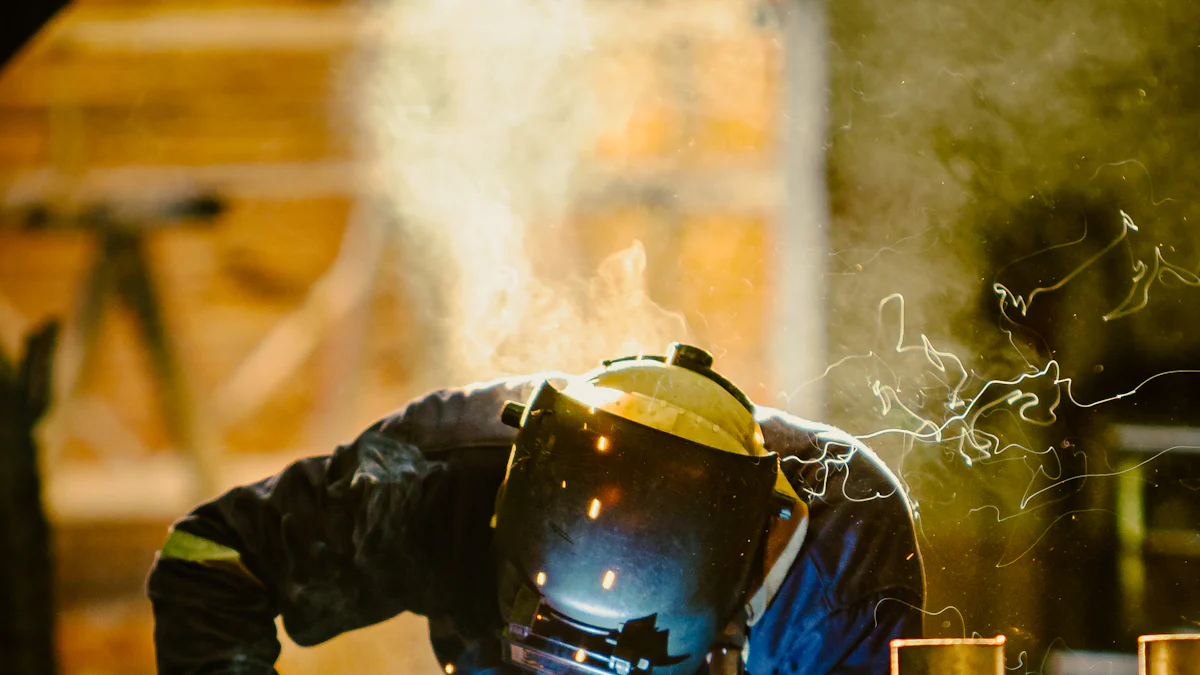
Cleaner Materials and Binders
Silica Sol Precision Casting uses advanced materials and binders that are safer for the environment. Unlike traditional casting methods that rely on harmful chemicals, this process incorporates eco-friendly alternatives. For instance:
- Narcol INV30 Aqueous Colloidal Silica is a popular binder. It forms stable ceramic slurries, which are essential for creating strong molds.
- Colloidal silica, a key component, offers excellent refractory properties and allows for intricate designs in castings.
- These materials ensure superior green and fired strength, reducing defects and waste.
By eliminating toxic binders like phenols and formaldehyde, Silica Sol Precision Casting minimizes the release of volatile organic compounds (VOCs). Ningbo Pingheng Machinery Co., Ltd., established in 1999, adopts this cleaner approach in its investment casting process. Using medium-temperature wax and materials like stainless steel 304, 316, tin bronze, and silicon brass, the company delivers high-quality solutions for industries such as automotive and shipbuilding.
Energy Efficiency in Production
This casting method also stands out for its energy efficiency. Traditional casting often consumes excessive energy, but Silica Sol Precision Casting optimizes resource use. Industries like aerospace, automotive, and energy benefit significantly:
| Industry | Benefits |
|---|---|
| Aerospace | Produces high-precision, lightweight engine components, enhancing performance. |
| Automotive | Manufactures complex parts that improve engine efficiency and reliability. |
| Energy | Enables high-efficiency components for wind and solar energy systems. |
Ningbo Pingheng Machinery Co., Ltd. ensures energy-efficient production while maintaining precision. This approach supports sustainability without compromising quality.
Sustainable Waste Management
Sustainable waste management is another advantage of Silica Sol Precision Casting. The process emphasizes recycling and efficient material use, reducing environmental impact. Key benefits include:
- Recycling leftover materials to promote a circular economy.
- Using energy-efficient machinery to lower carbon footprints.
- Implementing closed-loop water systems to conserve water resources.
- Investing in green technologies to enhance efficiency and reduce waste.
Ningbo Pingheng Machinery Co., Ltd. aligns with these principles by tailoring its processes to meet national standards for different materials. This commitment helps industries like electric power and engineering machinery achieve their sustainability goals.
By combining cleaner materials, energy efficiency, and sustainable waste management, Silica Sol Precision Casting offers a transformative solution for modern metalworking.
Environmental and Industrial Advantages
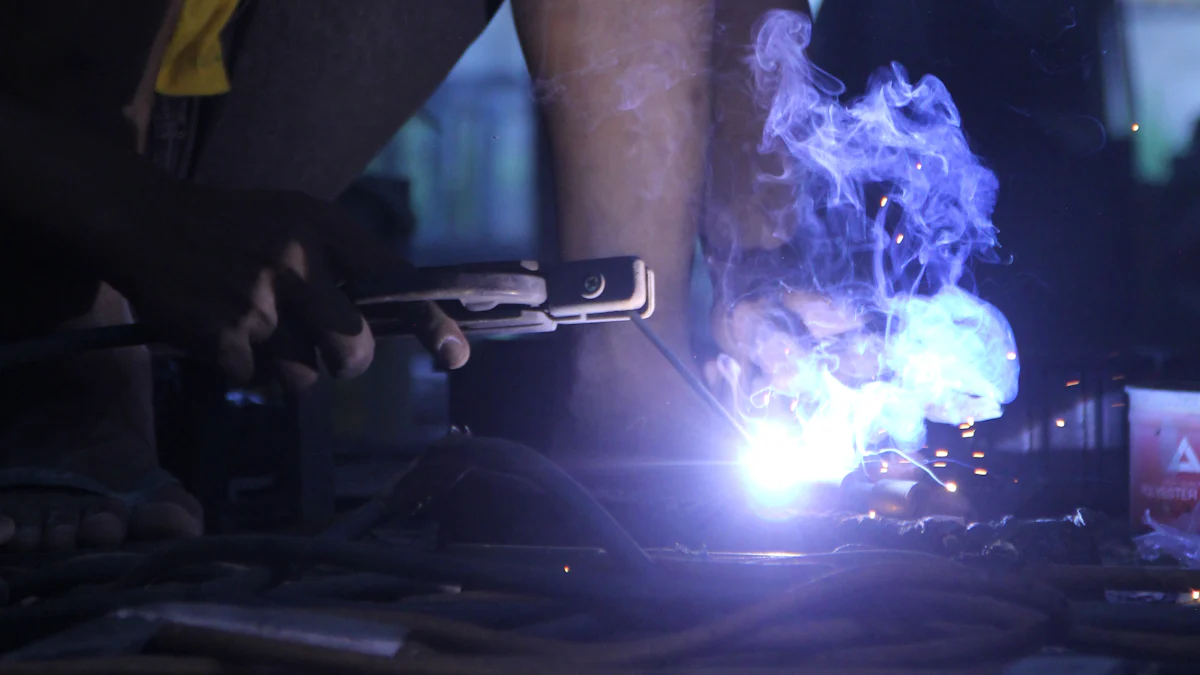
Compliance with Regulations
Silica Sol Precision Casting helps manufacturers meet strict environmental regulations more effectively. Traditional casting methods often struggle with compliance due to harmful emissions and waste. In contrast, silica sol casting uses cleaner materials and processes, making it easier to adhere to standards like OSHA Standard 1926.1153, which limits exposure to respirable crystalline silica. Companies also follow best practices for silica dust inspection, reducing air and surface contamination.
Third-party audits and certifications, such as ISO 14001, validate compliance with international environmental standards. These measures not only protect the environment but also simplify the regulatory process for manufacturers. Ningbo Pingheng Machinery Co., Ltd., established in 1999, adopts this eco-friendly approach in its investment casting process. By using medium-temperature wax and materials like stainless steel 304, 316, tin bronze, and silicon brass, the company ensures compliance while delivering high-quality solutions for industries like automotive and shipbuilding.
Workplace Safety Improvements
Safer materials and processes in silica sol casting create a healthier work environment. Traditional casting often exposes workers to harmful chemicals and high levels of dust. Silica sol casting eliminates toxic binders like phenols and formaldehyde, significantly reducing health risks. Cleaner production methods also minimize the release of volatile organic compounds (VOCs), improving air quality in manufacturing facilities.
Ningbo Pingheng Machinery Co., Ltd. prioritizes workplace safety by adopting these advanced practices. Their precision casting process not only protects workers but also enhances productivity by reducing accidents and health-related absences. This commitment to safety benefits industries like electric power and engineering machinery, where high-quality components are essential.
Contribution to Sustainability Goals
Silica Sol Precision Casting plays a vital role in achieving sustainability goals in metalworking. The process emphasizes recycling waste materials, minimizing energy consumption, and using eco-friendly production methods. These practices align with global trends toward greener manufacturing. For example, the silica sol casting market is projected to grow at a CAGR of 6.8%, driven by demand for lightweight materials and performance improvements in industries like automotive and aerospace.
Ningbo Pingheng Machinery Co., Ltd. supports these sustainability efforts by tailoring its processes to meet national standards for different materials. Their investment in green technologies and energy-efficient machinery helps industries like shipbuilding and automotive reduce their environmental impact. By adopting silica sol casting, manufacturers contribute to a cleaner, more sustainable future.
Silica Sol Precision Casting revolutionizes metalworking by reducing emissions and promoting sustainability. Its eco-friendly methods, like recycling waste and minimizing energy use, make it a superior choice. Ningbo Pingheng Machinery Co., Ltd., established in 1999, uses this process to deliver high-quality solutions for industries like automotive, shipbuilding, and engineering machinery, meeting diverse national standards.
🌱 Sustainability Tip: Adopting silica sol casting supports global efforts to reduce environmental impact while maintaining production excellence.
FAQ
What makes Silica Sol Precision Casting eco-friendly?
Silica Sol Precision Casting uses non-toxic binders and recyclable materials. This reduces harmful emissions and waste, making it a sustainable choice for industries like automotive and shipbuilding.
Which industries benefit from Ningbo Pingheng Machinery Co., Ltd.'s casting solutions?
Ningbo Pingheng Machinery Co., Ltd. serves industries like electric power, automotive, engineering machinery, and shipbuilding. Their precision casting process ensures high-quality components tailored to national standards.
What materials are used in the investment casting process?
The company uses materials like stainless steel 304, 316, tin bronze, and silicon brass. These materials meet diverse national standards for durability and performance.
💡 Pro Tip: Choosing precision casting ensures compliance with environmental regulations while delivering superior quality components for various industrial applications.






